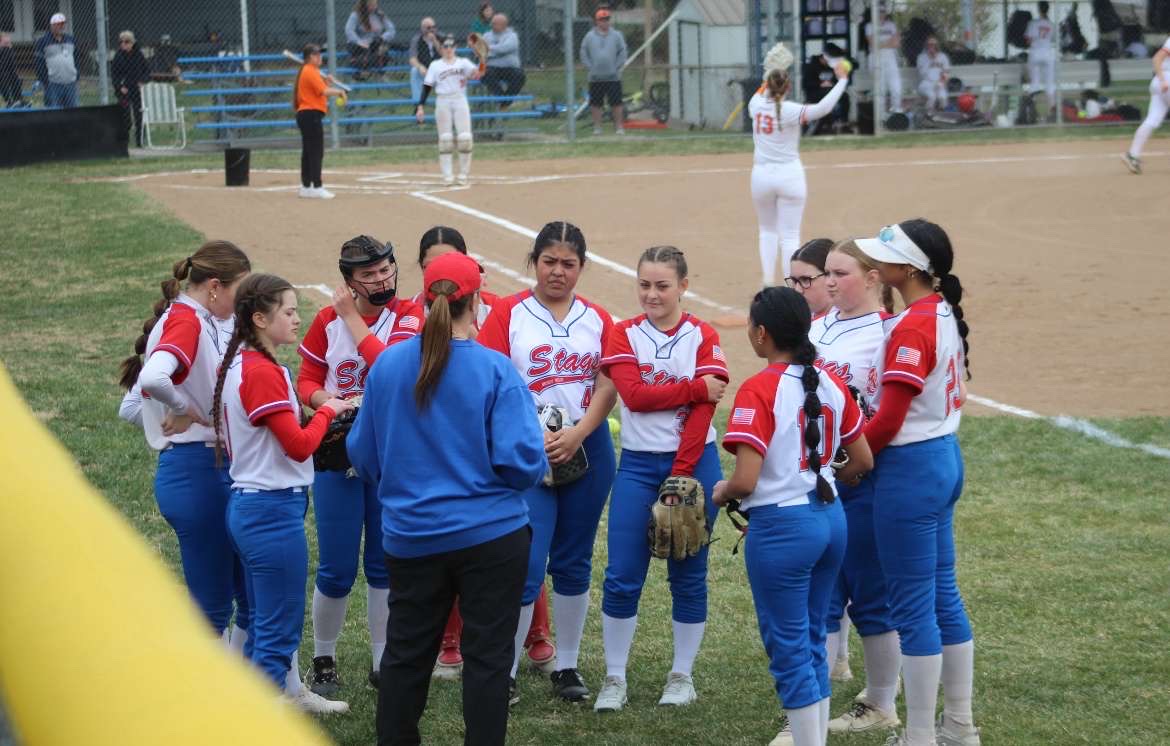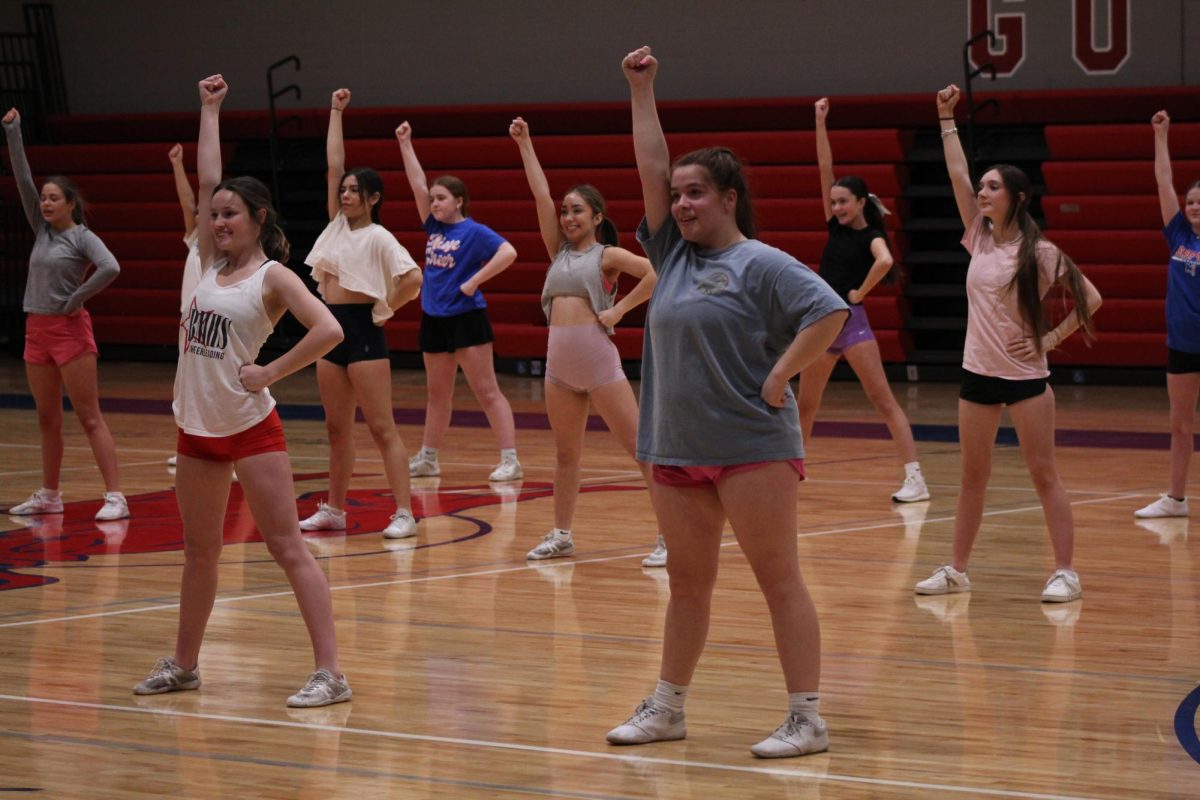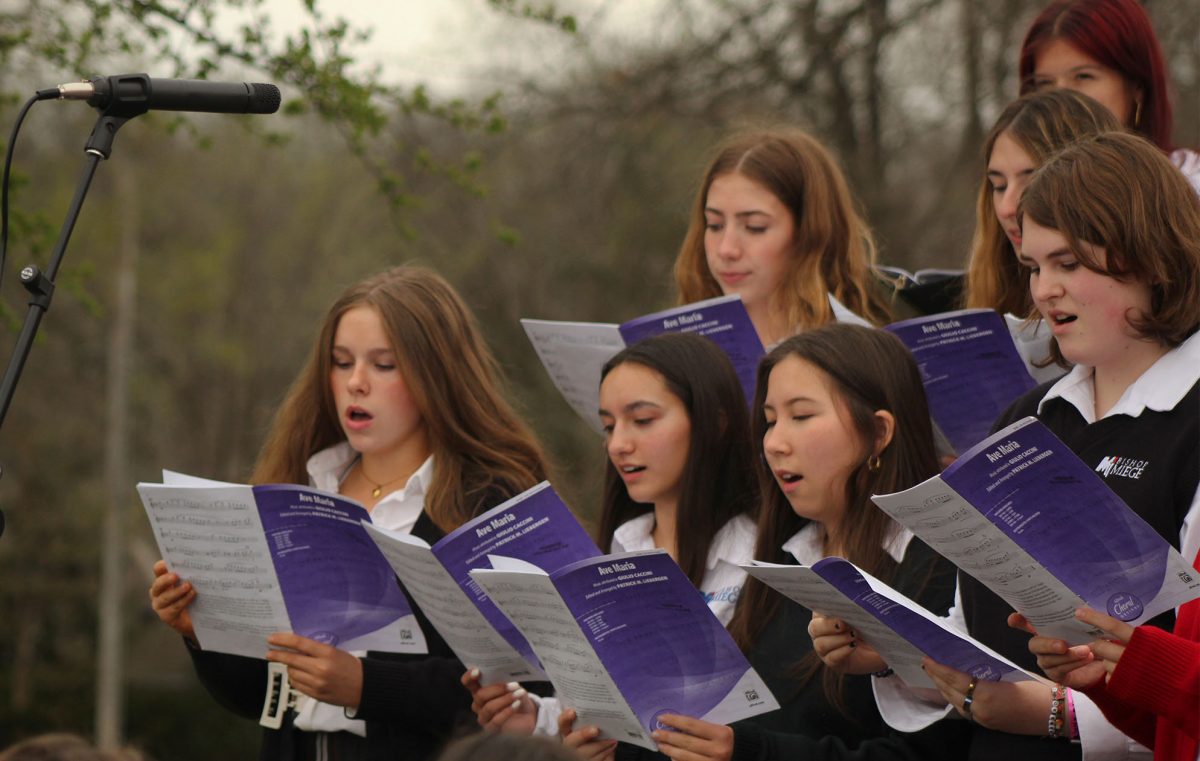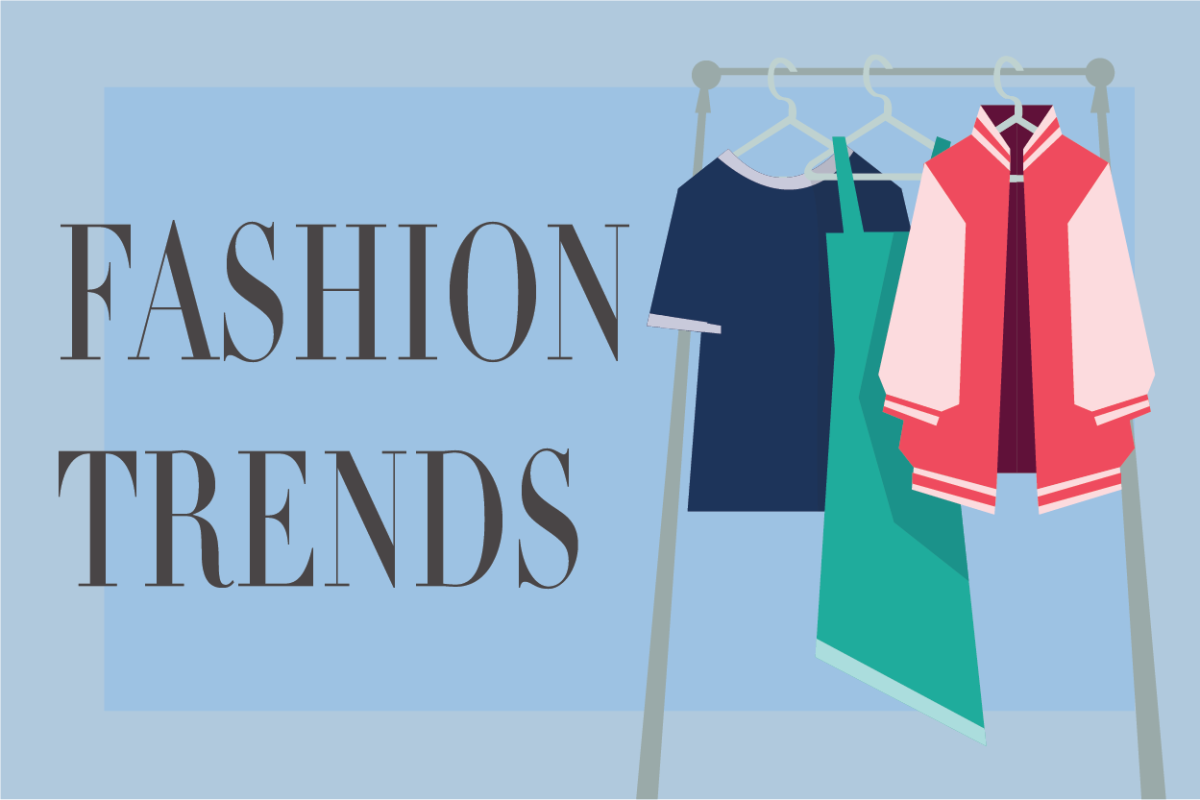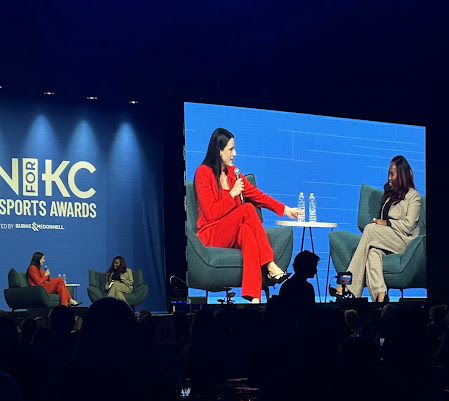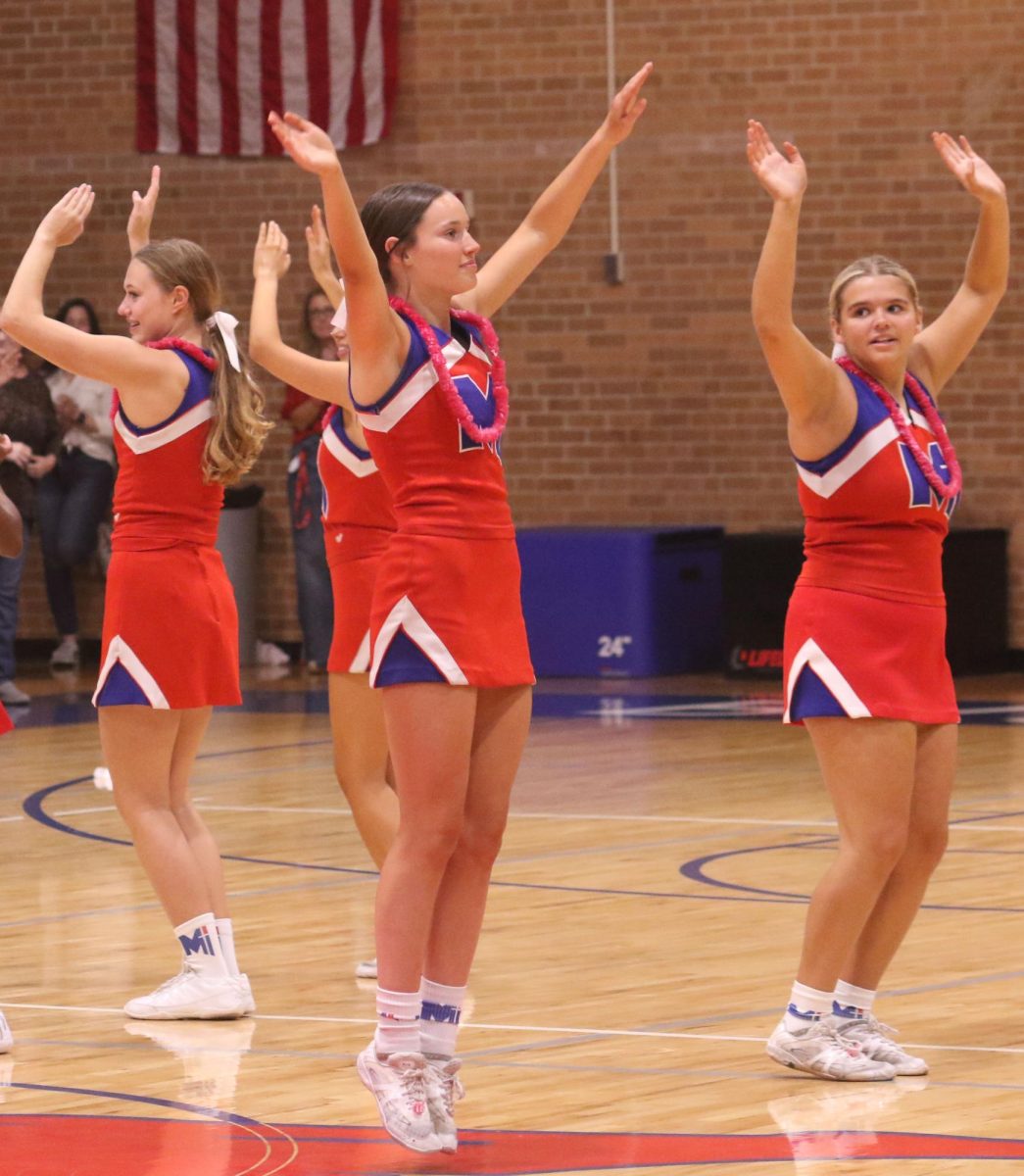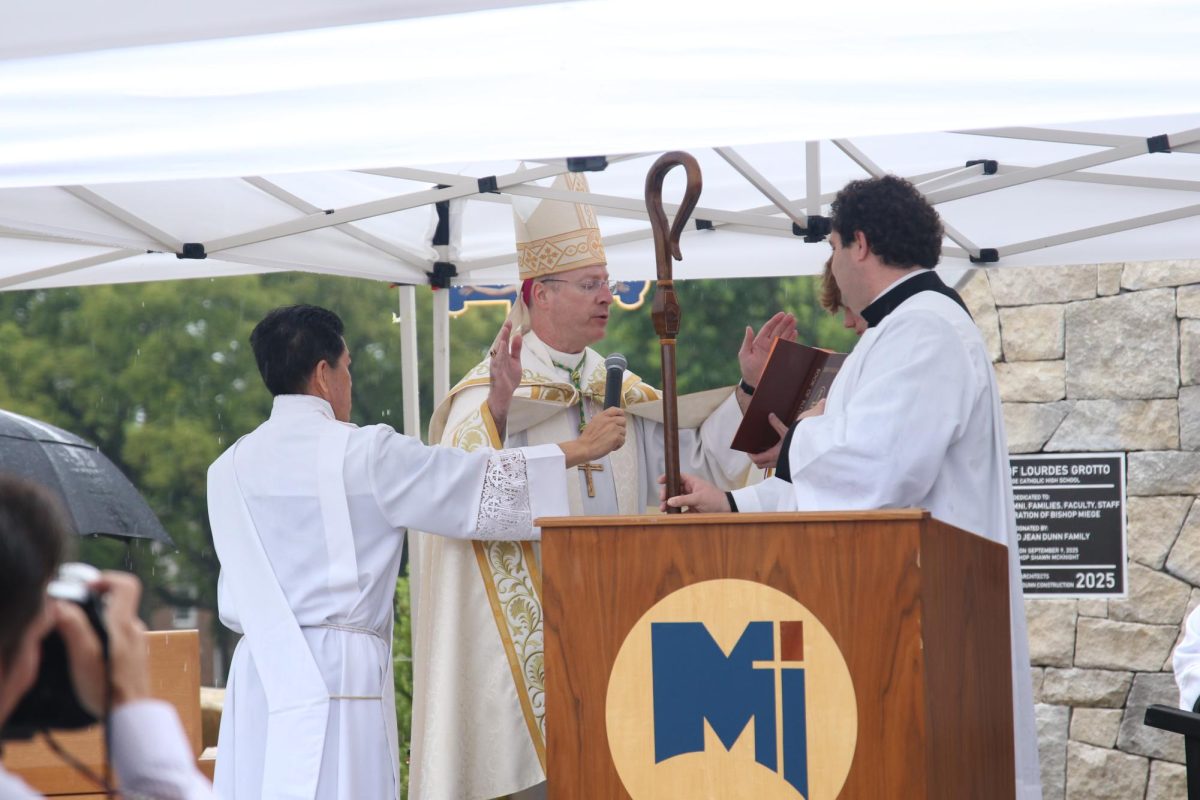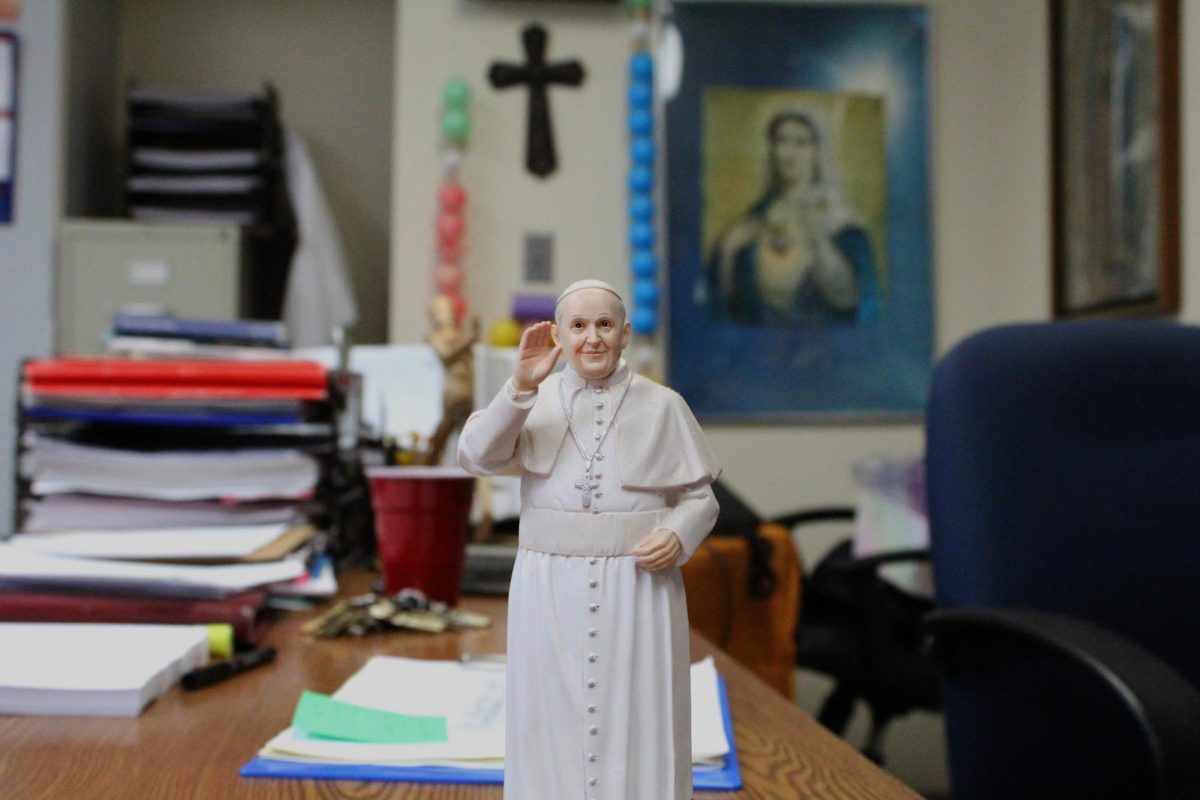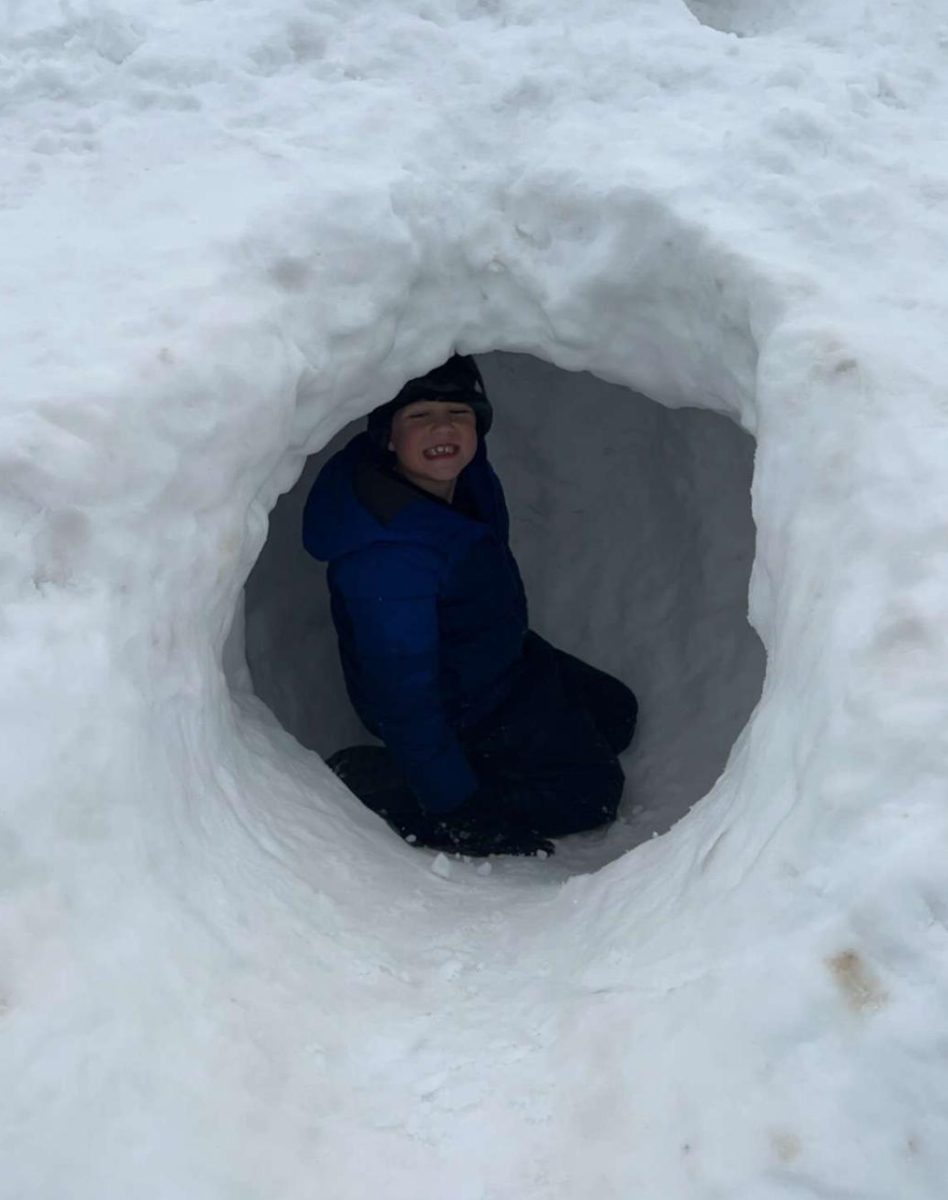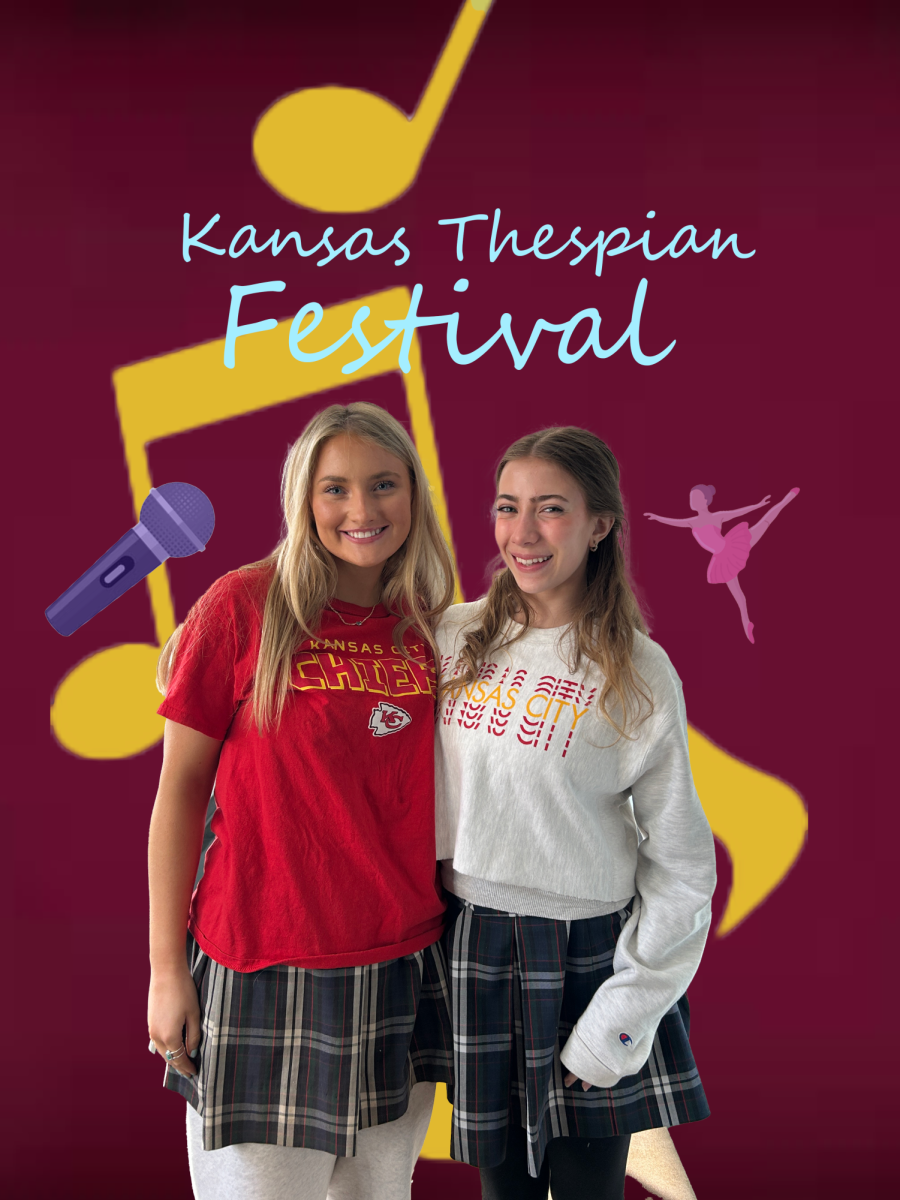In this day and age where political polarization is high, senior Norah Heise is keeping up with trusted news sites to make educated decisions when it comes to voting new candidates into office.
On Nov. 5 many seniors will be casting their first ballots, as the 2024 presidential race comes to an end, Democrat Vice President Kamala Harris and Republican former President Donald Trump are on the ticket as well as various other local and state government positions.
“It excites me because I’ll be able to have at least some minor say in what happens with my country,” Heise said. “It’s also just another milestone I’ve reached as I continue to grow up, and it’s pretty cool that my turning 18 and an election year happen to coincide.”
Government teacher Dan Gemmel prompts discussions of responsible voting in his class of seniors in order to inspire them to stay informed.
“We talk about trying to be educated voters which means voting based on the issues rather than the party, gender, or race of the candidates,” Gemmel said. “Students need to take time to become well versed in the issues and in what the candidates stand for instead of what party they are a member of.”
AP Government and U.S. History teacher James Wilcox agrees that voting is a citizen’s civic duty as it is one of the few opportunities for their voices to be heard. According to the Pew Research Center, only 66% of eligible voters made it into the booths for the 2020 presidential election, causing Wilcox to stress the importance of making voting in every election a practice.
“You look at local elections, and you’re lucky to hit double digits voter turnout,” Wilcox said. “The local elections: your school board, your city council, your mayors, they’re the ones who have the most impact on your everyday life. But voting is a habit, you’ve got to get in the habit of voting, and it’s easier to get into that habit if you’re showing up for the presidential elections.”
Taking the time to scope out the local government and state representatives is important to Heise as she expresses the desire to understand exactly what candidates will serve her wants and needs.
“As far as presidential candidates, I know who I’m voting for,” Heise said. “But when it comes to the other more local ballot decisions like senator, governor, and I think there are a few state laws on the ballot as well, I need to do more research about those candidates and issues before I go vote.
According to Wilcox, in the world of AI and misinformation, students need to be cautious about who and where they are getting their facts from.
“With technology the way it is today, it is so easy to present falsehoods and inaccurate information as legitimate information,” Wilcox said. In my class, we’ve got a whole chapter on voting and campaigns, but then we’re going to spend a whole lot of time on what is a legitimate news source so you can find accurate information.”
Gemmil admits finding opinion in the chaos is hard for some, so it is important to let go of personal bias when selecting candidates in order to vote on policy and social issues. As for Wilcox, he turns to the pope for guidance on how to vote as a Catholic.
“I also share with students what Pope Francis said about voting,” Wilcox said. “That in any country where you have the power to vote, you should vote, but before you vote, you need to be an informed voter on a variety of issues, not just one. And then you have to pray, and you have to discern who you think is going to do the most good for the most people and the least harm to the fewest number of people.”
As Heise continues to study the facts, she explains how advice from her grandfather has changed her perspective on voting as a whole and will be her final voice of reason.
“My grandfather always told me that if you don’t vote, you can’t complain about the outcome,” Heise said. “And that there’s never a perfect candidate, it’s always choosing between the lesser of two evils, which is a little cynical, but will definitely guide me when I am making my choice of who to vote for this November.”


